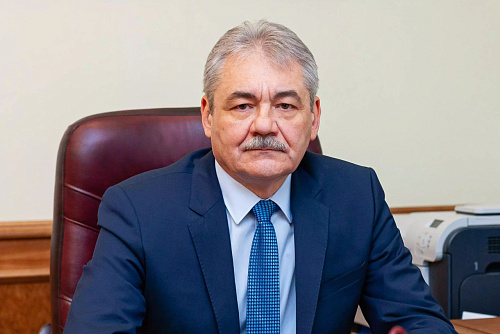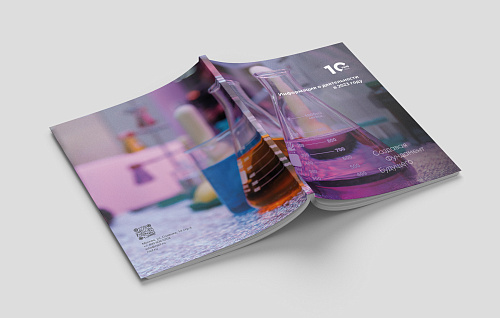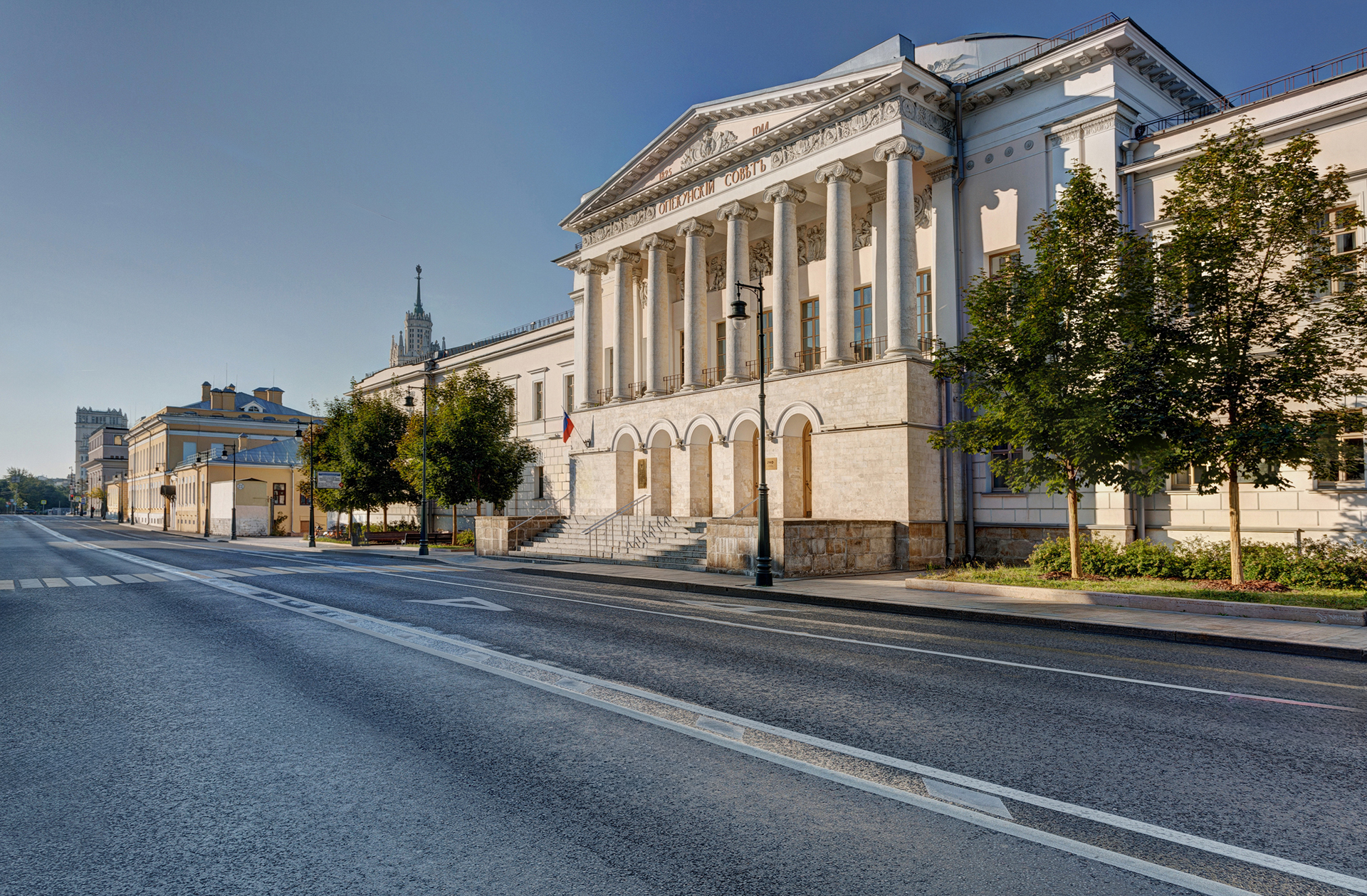
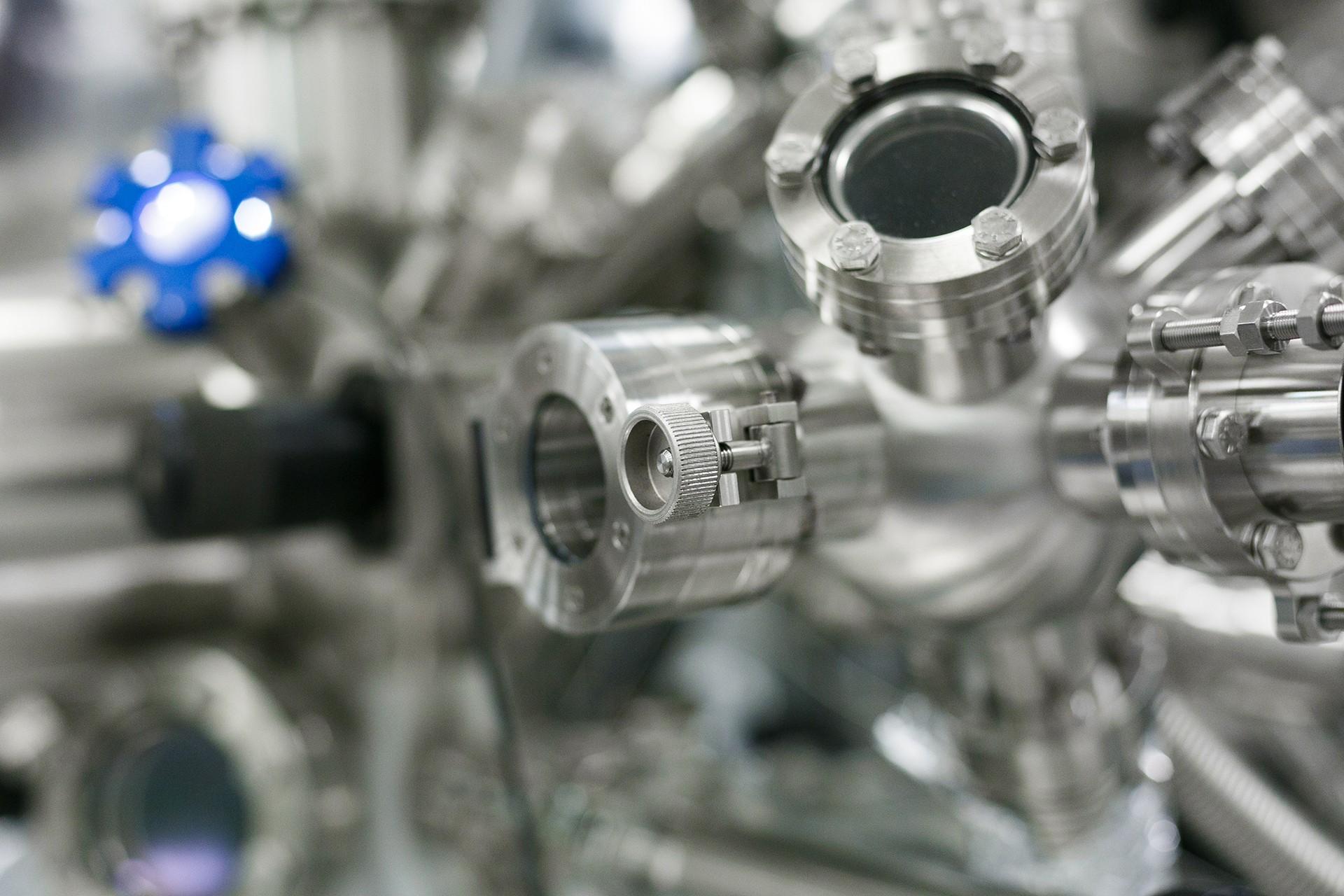
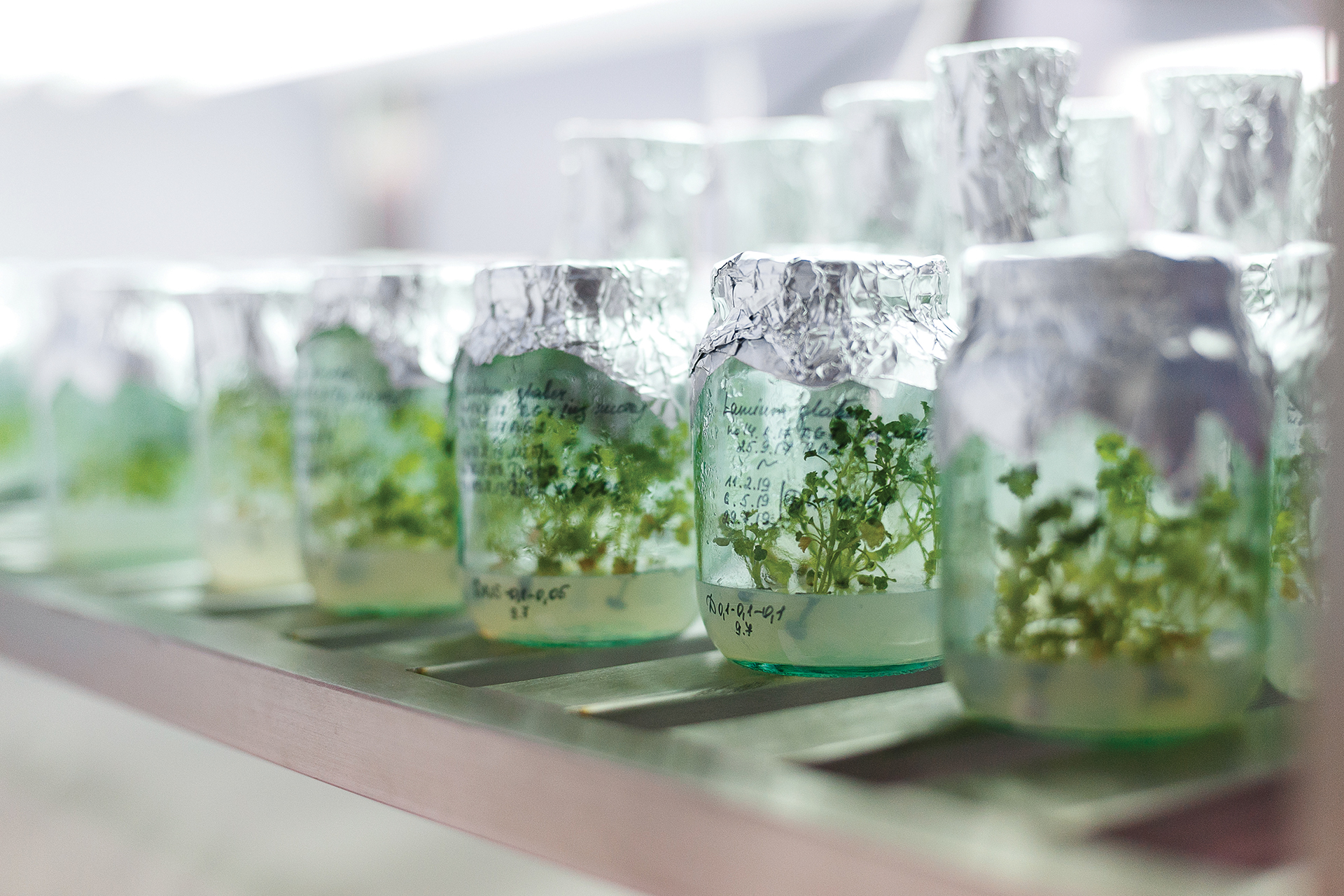
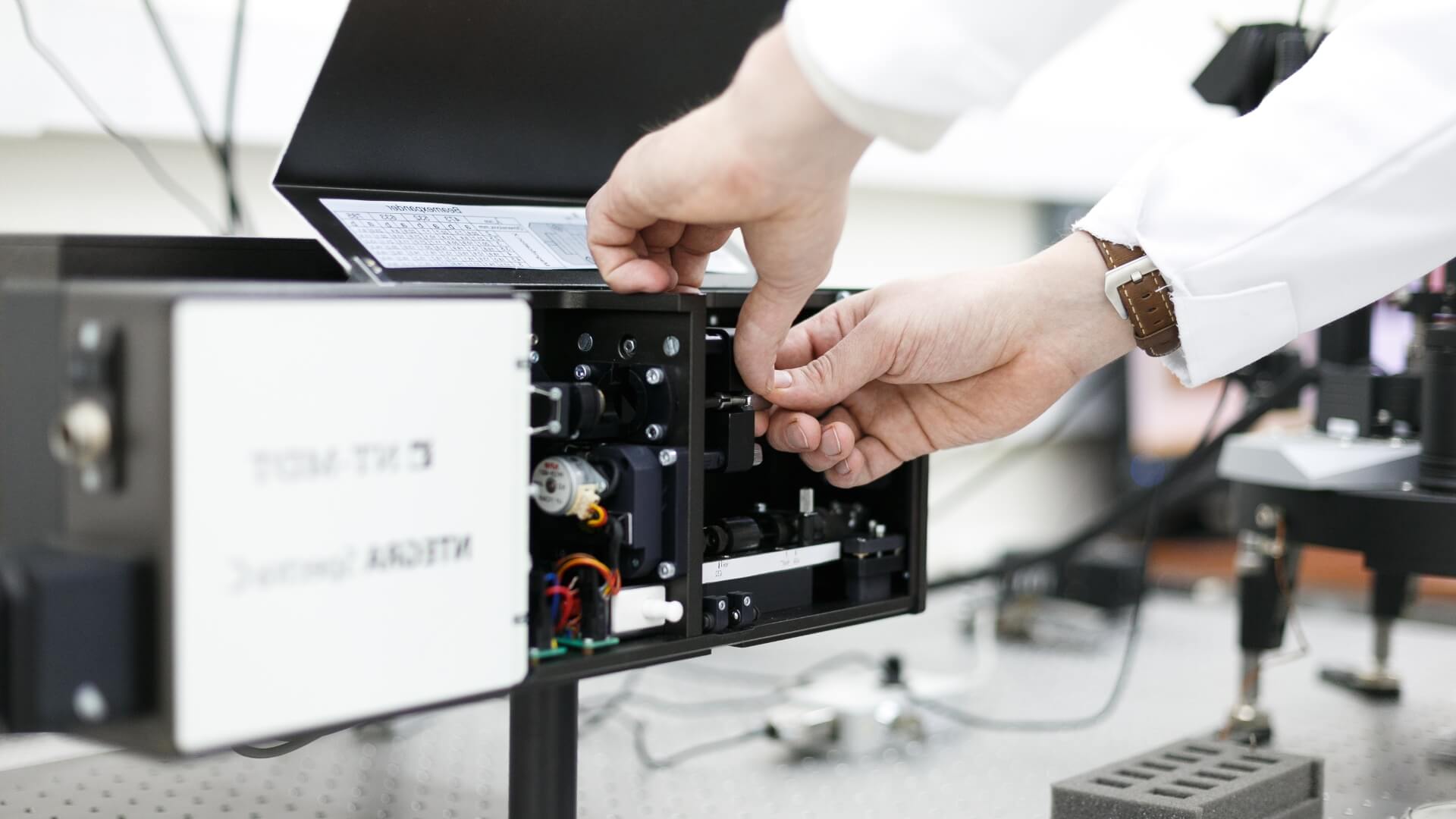
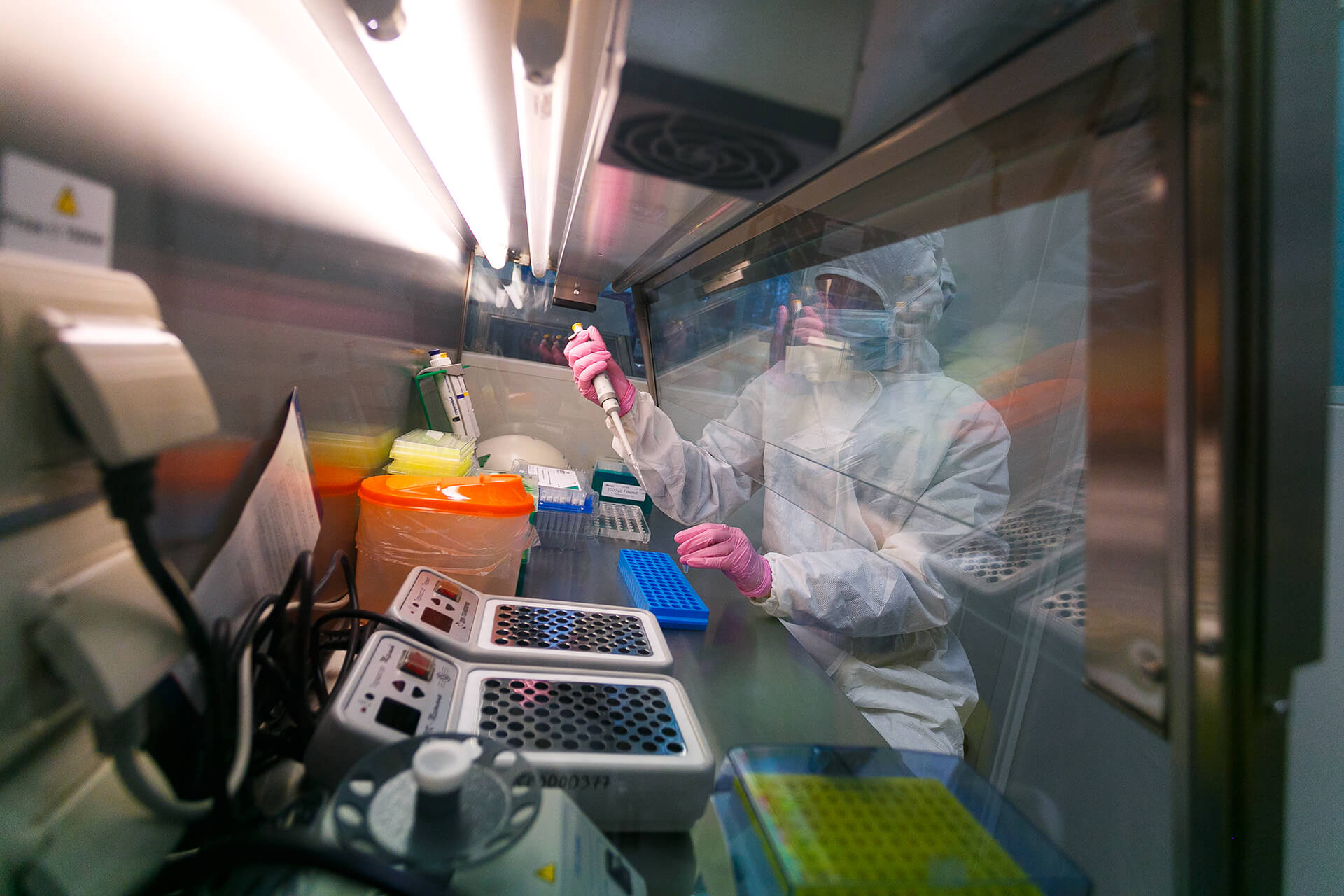
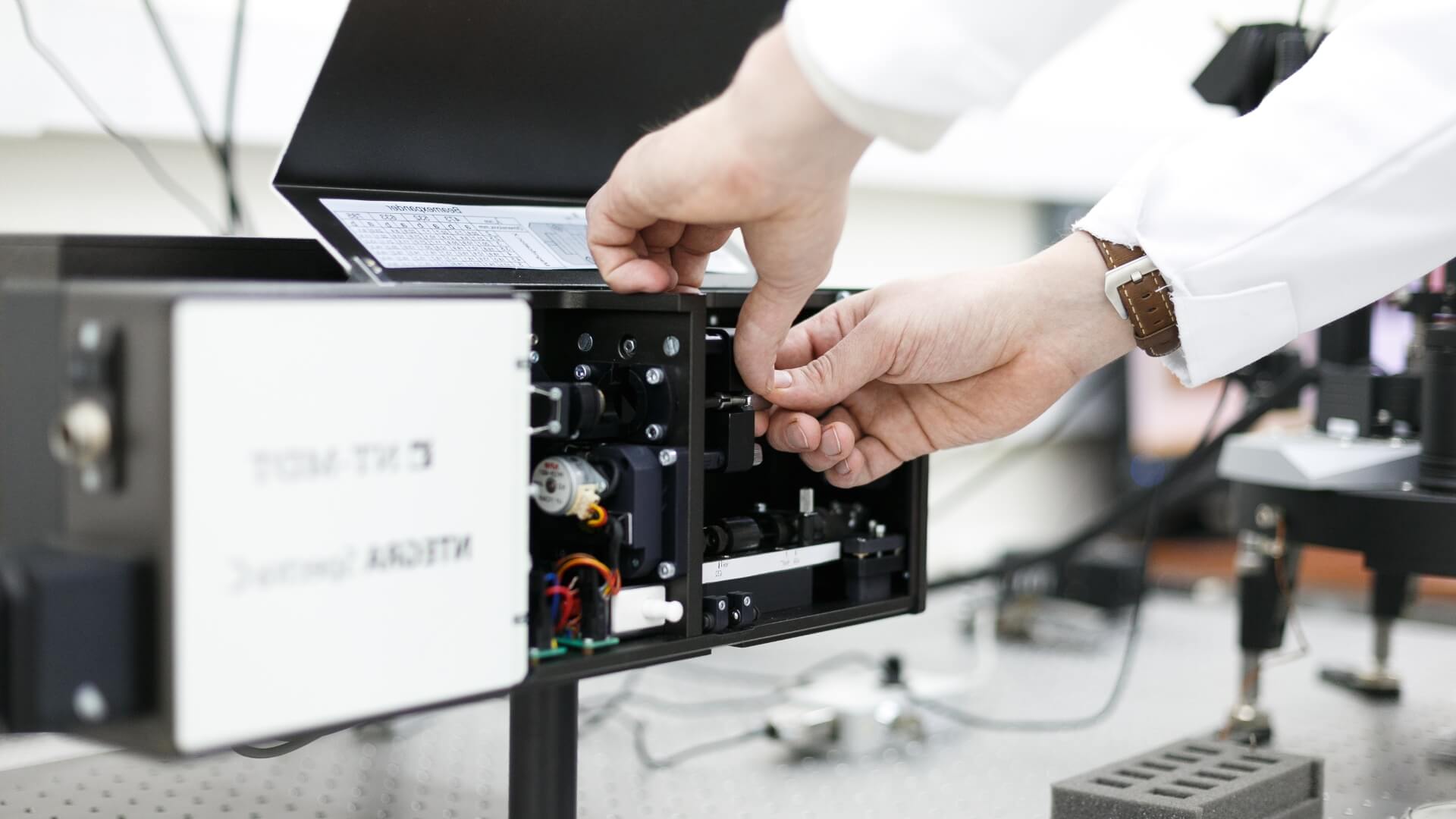
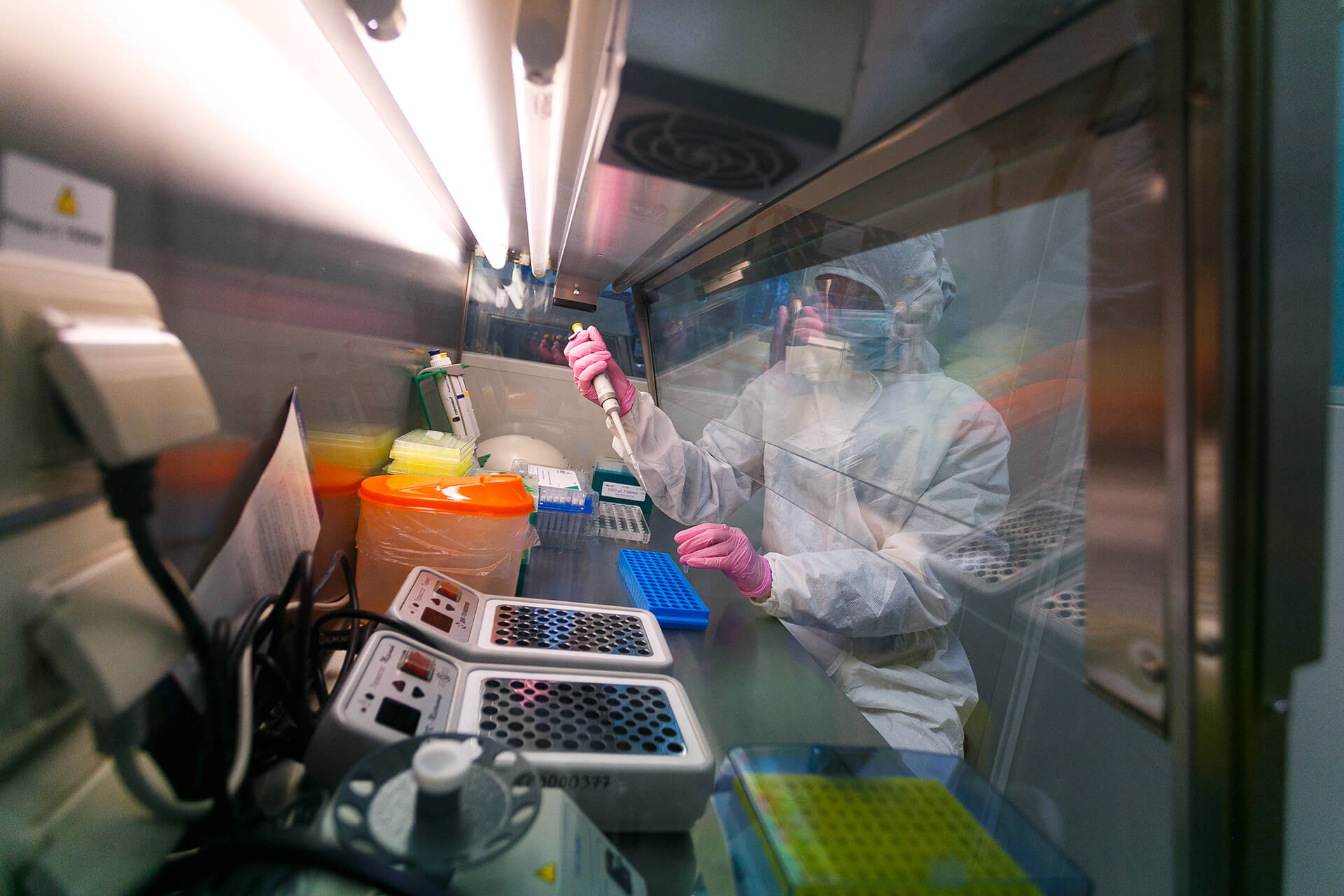
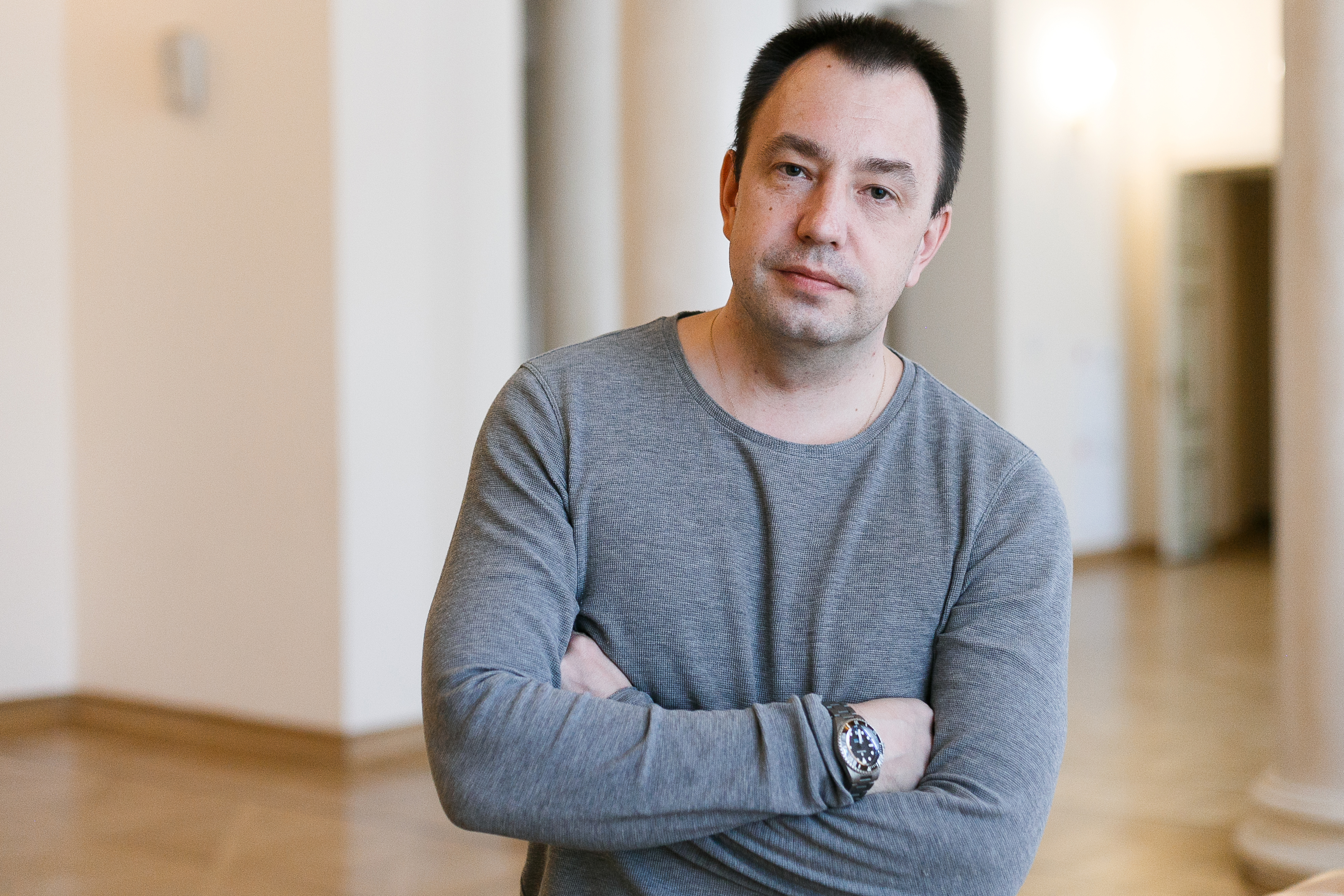
The Russian-German Cross-Year of Scientific and Educational Partnerships 2018-2020 is intended to accelerate cooperation between scientists of the two countries, as well as to make interaction between higher educational institutions and research organizations more transparent. Does the Russian Science Foundation provide support for scientific projects implemented within the Cross-year, how is this happening?
Since 2015, RSF has been supporting outstanding Russian-German research projects on a yearly basis. In this sense, the Cross Year is rather a political instrument for attracting additional focused attention of government officials, development institutions, scientists and, of course, the entire society to cooperation between Russia and Germany in these very important areas of the social and humanitarian sphere. Moreover, in science and education, our countries have traditionally been at their best.
Thanks to our funding support, the collaborating Russian and German research teams can on a regular and transparent basis apply for solid long-term project funding under the programs of cooperation that we offer together with German Research Foundation (DFG) and Helmholtz Association. Together with our German partners, over the past five years we launched eight calls for proposals that resulted in 72 projects funded with a total amount of 1.05 billion rubles.
Is it a huge or a little investment? This is worth of the annual budgets of several research institutes. Today, on the scale of Russian science, this is, of course, not a fantastic money. But compared to other countries we cooperate with, our German partners are definite champions in terms of the amounts of mutual investments in joint research.
It is not necessary to work on mega-science infrastructures to achieve impressive research results. Within the framework of our Russian-German projects over the past four years 413 articles have been published in peer-reviewed international journals indexed by Web of Science and Scopus. 188 of them (46%) are published in the highly reputable journals of the first quartile (Q1). According to this metric, our grantees approached the standard level of, for example, German science. Undoubtedly, these results have filled the Cross Year with high-quality research content in various areas of basic science - from theoretical mathematics to the development of individual strategies for the treatment of medulloblastoma in children or in the search and study of new antibiotics.
It is worth noting the wide geography of partnerships, which goes far beyond the capitals and covers almost all regions and lands of our countries, engages diverse scientific schools, as well as the successful interaction of universities and non-university research organizations. Such cooperation mutually enriches and allows one to look at the same research problems from different angle.
Together with our partners, we have participated in a number of socially significant expert events under the umbrella of the Cross-Year. We spoke and shared our insights at various venues such as traditional summer round table for DFG partners or Winter talks by Helmholtz Association, scientific discussions, seminars and presentations for young scientists Russia and Germany. We presented our funding activities and new opportunities for scientists.
What was the impact of the Russian-German Cross-year of scientific and educational partnerships on the RSF work? What research topics are the most popular among scientists in Russia and Germany now? Is there more collaborative research?
Cross-Year is not a piece of a calendar painted in the colors of national flags and reserved for a series of events in scientific diplomacy. First of all, Cross-Year represents the scientists, actual people who got more opportunities to meet, to discuss their brilliant ideas and to do something mutually beneficial together. We, like everyone who works with Germany in the field of science, feel in this crucial period that more attention has been paid to our work, to our results.
All results obtained from the joint projects are available to public on our website. This is our genuine contribution to the development of neither Russian nor German science – it is for the benefit of world science. We have not noticed any significant shifts in the research topics yet. All kinds of research problems can be submitted and supported on competitive basis if the projects are highly appreciated by their peers and reviewers from both countries.
By the way, scientists from Germany are very actively involved in remote assessment of our projects. 1560 international reviewers from 55 countries are currently registered in our review system. Germany is on the top of this list of countries - 287 external reviewers (for comparison: USA - 229, UK - 191, France - 124). Back in 2016, there were 117 of them, so in the last four years we have a remarkable growth in the participation of German scientists in our review processes - 145%. Every year we invite the core investigators of supported projects, including Russian-German projects, to become our honorary reviewers. Most of them agree and are happy to do this reputable work.
Thanks to the diversified system of independent external expertise, according to the results of the international study "Grant Peer Review in Focus" published in October 2019 by Publons, the Russian Science Foundation was among the TOP-10 research funders by the review contributions for grant applications among more than 4500 respondents of that large study. We have achieved such outstanding results in review, among other things, thanks to the contribution by our reviewer pool from Germany.
With regard to your question on the joint research, we can assess this not only by the number of applications submitted or supported, but also by the number of publications by our grantees in collaboration with German scientists. Over the past four years the number of such joint publications has increased by 64% - from 609 (2016) to 997 (2019).
What is the level of involvement of young scientists from both countries in the Russian-German research cooperation? Is the number of young people in science growing over the years?
According to our grant conditions, at least half of the Russian part of the team must be young researchers under 39. However, in reality, our grantees have outperformed this indicator. In total, more than 1,000 researchers were involved in the implementation of bilateral projects on the Russian side, which is comparable to the staff of several research performing organizations. It is 732 out of them are young people aged under 39 (70%). We are sincerely pleased with such high rates of youth contribution. On the German end, the situation looks a little different.
Importantly, in the process of implementing the project members of the research teams get a chance to produce 10-15 publications. That really helps them effectively build their research career after the end of the grant, develop the topic they choose, expand international collaborations and, even more importantly, set more ambitious research tasks, win the new grants or realize other funding opportunities, not necessarily through the Russian Science Foundation.
I would also like to note the unexpected interest that aroused in Germany concerning our funding program for young scientists - postdocs and leaders of youth research groups. Despite the novelty of the program and the lack of its informational support outside Russia, we received nine applications from project investigators and core investigators submitted by young German scientists interested in doing their research for 2-5 years in Russia.
We are convinced that it is the talented young scientists who will determine the nature and depth of bilateral research ties on the horizon of 10-15 years, who will provide joint answers to global challenges of the future by uniting their best ideas and efforts.
